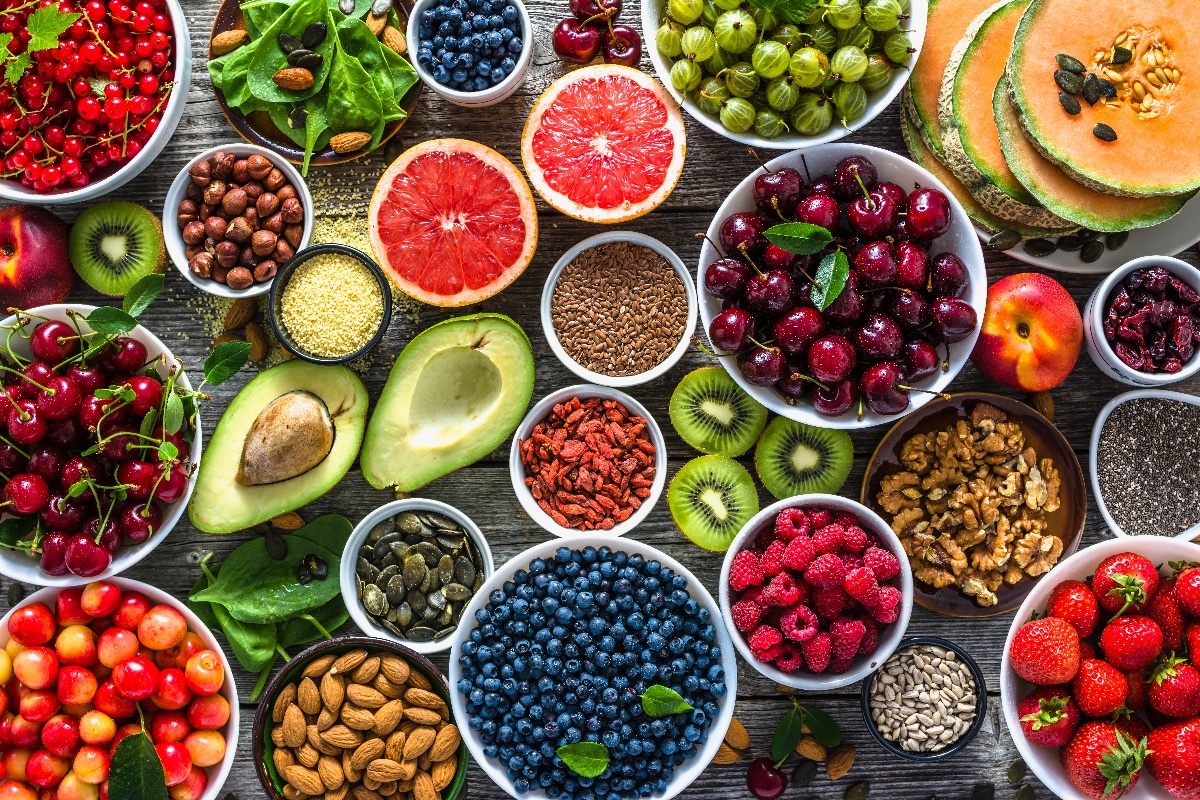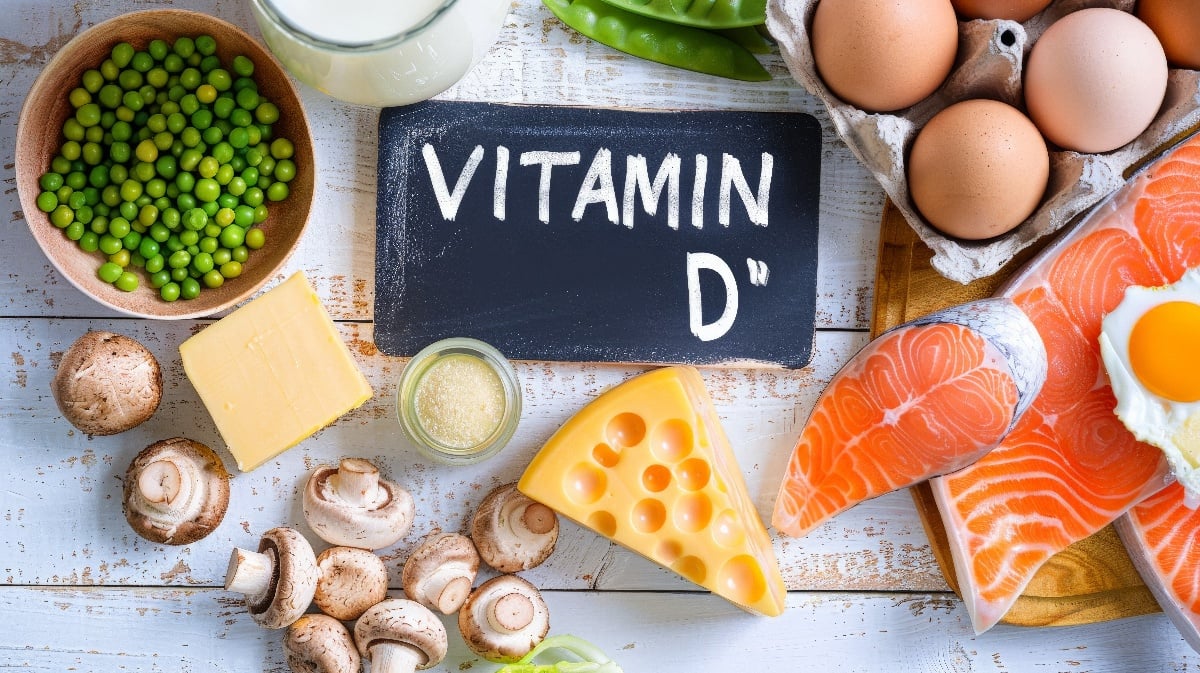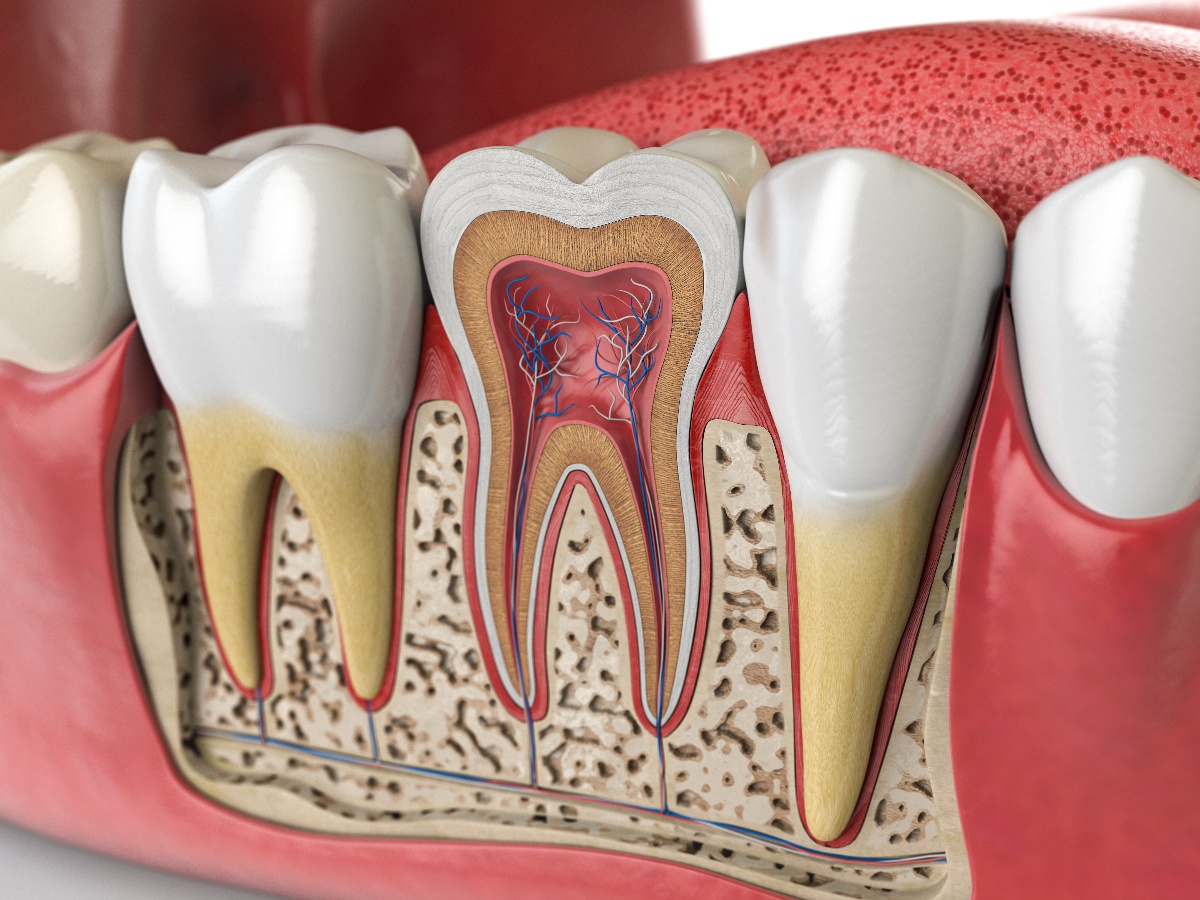Many people believe a beautiful smile reflects diligent brushing and flossing. However, what you eat is crucial in maintaining healthy teeth and gums beyond brushing and flossing. Sugar and overly acidic foods can pave the way for cavities and decay while nourishing choices build strong, resilient teeth. This article discusses the fascinating connection between diet and oral health and looks at how to make your smile shine brighter through the food you eat.
What is Oral Health?
Oral health encompasses more than just cavity-free teeth; it's a crucial aspect of overall health and well-being. It involves the health of your teeth, gums, and the entire oral-facial system that functions during smiling, speaking, and chewing. Here are some key components of oral health:
- Teeth: Teeth are essential for chewing food, which aids in digestion, and they play a role in your speech and esthetics. Healthy teeth are free of decay, mobility, and infection.
- Gums: These soft tissues support your teeth and help create a beautiful smile. Healthy gums are firm, do not bleed, and are disease-free.
- Oral Microbiome: This complex community of bacteria resides in your mouth and is essential for breaking down foods and protecting against harmful microorganisms.
- Tongue: Your tongue plays a critical role in taste, swallowing, and speech. It also contributes to your oral microbiome and can harbor bacteria if not cleaned regularly.
- Palate (Roof of the Mouth): This bony structure helps with the mechanical process of eating and speaking. Your palate is divided into two parts: the hard palate and the soft palate.
- Oral Mucosa: Your oral mucosa is a membrane that lines the inside of your mouth. It provides a protective barrier against microbial invasion and aids in touch and temperature sensation.
- Periodontium: These are the specialized tissues that surround and support your teeth. They include the alveolar bone, periodontal ligament, and gingiva (gums), which all play a crucial role in your teeth’s stability and health.
- Saliva: Your saliva helps you digest food and protects your teeth from decay by controlling bacteria and keeping your mouth moist.
These components function together to contribute to the complexity of your oral cavity. This influences not just oral health but your overall health. Problems with any of these elements can lead to difficulties with eating and speaking and can significantly impact your quality of life and overall well-being.
Sugar - The Enemy of Your Teeth
The sweet taste of sugar might be delightful, but its impact on your teeth is anything but pleasant. Sugar is the primary fuel source for the harmful bacteria naturally occurring within your mouth. When we indulge in sugary treats, these bacteria feast, producing acid as a byproduct. This acid attacks tooth enamel, the hard outer layer that protects your teeth and makes your smile white and bright. Over time, repeated acid attacks weaken enamel and lead to the formation of cavities.
The process of tooth decay initiated by sugar consumption involves several stages:
- Immediate Acid Attack: After consuming sugary foods or drinks, bacteria in dental plaque convert sugars into acids.
- Demineralization: These acids then erode the tooth enamel by removing essential minerals from the enamel through a process called demineralization.
- Cavity Formation: If this acid attack continues it creates small holes in enamel that will get larger if sugar intake persists without adequate oral hygiene.
Some key factors that can increase the risk of sugar-induced tooth decay include:
- Frequency of Sugar Consumption: With more frequent sugar intake, acids attack enamel more and give your teeth less time to repair and remineralize the damage.
- Form of Sugar: Sticky or hard candies that cling to teeth provide a constant sugar source for bacteria, increasing the duration of acid production.
- Timing: Consuming sugary foods or drinks between meals or before bedtime can be more harmful because saliva production, which helps neutralize acids and repair enamel, decreases during these times.
Foods and drinks notorious for their high sugar content include:
Foods High in Sugar
- Candies and Sweets: Hard candies, gummy candies, and chocolate bars contain high levels of sugar and can stick to teeth, prolonging acid production.
- Desserts and Baked Goods: Cakes, cookies, pies, and pastries are loaded with sugar and can stick to teeth, increasing the risk of cavities.
- Sweetened Breakfast Cereals: Many cereals, especially those marketed to children, contain a surprising amount of added sugar.
- Dried Fruits: Although fruits are healthy, drying them concentrates their natural sugars. Sticky dried fruits like raisins and dates can cling to teeth, similar to candy.
Drinks High in Sugar
- Sodas and Carbonated Soft Drinks: One of the leading sources of added sugars in the diet, these beverages can significantly increase the risk of tooth decay.
- Fruit Juices: Even 100% fruit juices can have as much sugar as some soft drinks. The lack of fiber in juice allows the sugar to be consumed more quickly, increasing the risk of cavities.
- Energy and Sports Drinks: Often marketed as health beverages, these drinks can contain as much sugar as sodas and are acidic, which can erode tooth enamel.
- Flavored Coffees and Teas: Coffee and tea themselves are not high in sugar, but when flavors, syrups, and whipped creams are added, the sugar content can skyrocket.
Strategies to Mitigate Risk of Dental Damage From Sugar
- Read Labels: Always check the nutritional facts for sugar content when available.
- Choose Whole Fruits over Juices: Whole fruits contain fiber, which helps manage the rate at which sugars are absorbed and stimulates saliva production to clean the teeth.
- Opt for Water: Replacing sugary drinks with water reduces sugar intake and helps cleanse the mouth of food particles and bacteria.
- Moderation: Enjoy sugary foods and drinks in moderation and preferentially with meals when saliva production increases to help neutralize acids.
Other Harmful Dietary Habits
Eating too much sugar isn’t the only habit that can compromise your oral health, such as:
- Frequent snacking and grazing: Every time you eat, you give bacteria in your mouth more fuel to produce acids. Constant snacking keeps the environment acidic, increasing the risk of decay and enamel erosion.
- Lack of nutrient-dense foods: A diet low in vitamins and minerals (especially calcium, phosphorus, and vitamin D) might prevent teeth from developing properly and make them more susceptible to damage.
- Dehydration: A dry mouth reduces saliva production, which helps wash away debris, neutralize acids, and buffer the harsh effects of foods. Not drinking enough water hinders these protective functions.
- Chewing on ice: This might seem harmless, but the hardness of ice can cause small chips and fractures in your teeth, increasing vulnerability over time.
- Alcohol and tobacco use: Alcohol dries out the mouth, while smoking and chewing tobacco heavily stain teeth, increases the risk of oral cancer, and contributes to gum disease.
Nurture and Strengthen: Essential Nutrients for Healthy Teeth
A bright and healthy smile isn't just about avoiding harmful foods; it's also about giving your teeth the building blocks they need for strength and resilience. Here's a look at some essential nutrients to protect your smile's vitality:
Calcium: The Enamel Necessity. Calcium is the primary mineral in tooth enamel, and a steady supply is needed to keep the enamel strong. Excellent sources include:
- Dairy products (milk, yogurt, cheese)
- Leafy green vegetables (kale, spinach)
- Fortified foods (some cereals, soy or almond milk)
Phosphorus: The Essential Partner. While calcium gets the most attention, phosphorus plays a crucial remineralization role. When acidic attacks dissolve some minerals from your teeth, phosphorus helps rebuild the structure. It's found in:
- Meat, poultry, and fish
- Eggs
- Nuts and seeds
Vitamin D: The Absorption Assistant. Getting enough vitamin D ensures that your body can adequately absorb and utilize calcium and phosphorus for optimal tooth benefits. You can get vitamin D from sunlight, supplements, or foods like fatty fish and fortified dairy.
Beyond Minerals for Oral Health
- Eat crunchy produce: Snack on carrots, celery, and other crunchy veggies – their abrasive texture helps clean teeth, plus they stimulate saliva flow to neutralize acids.
- Hydrate all day: Water is essential! It washes away debris and keeps saliva production strong, helping counteract acids.
- Limit sticky foods: Sticky candies, gummies, etc., are difficult to remove and give bacteria a longer time to damage your teeth.
- Chew sugar-free gum: If you chew gum, opt for gum with xylitol, a natural sugar alcohol that can help fight cavity-causing bacteria.
A balanced diet rich in whole foods usually ensures that you get enough of these crucial nutrients. Talk to your oral healthcare provider or physician if you're concerned about deficiencies.
Schedule an Appointment
The oral healthcare professionals at Palmetto Dental Arts can help you maintain optimal oral health and prevent dental disease. To learn more, call us or contact us online.





